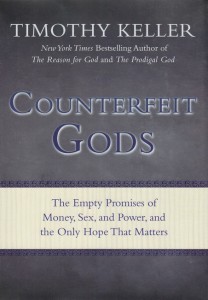Ashes to ashes. Dust to dust.
A refrain spoken over the dead. A reminder for the living. We are but dust, and to dust we shall return.
Ashes to ashes. Dust to dust. We close our eyes and abandon ourselves to God. These are the symbols of our humility, the reminder that our time here is short, and that we are not in control.
Ash and dust bring us into confrontation with our own mortality, our own sinfulness, and the fleeting nature of our lives here on earth. Ashes and dust are a reminder that our hope and faith must be in God alone, and not in what we can accomplish in our short time.
What, then, are we to do in the face of such confrontation with our own mortality? We must repent. In dust and ashes.
The ancients placed this symbol of death, these ashes, upon their heads as a sign of their repentance. Like worship, it was an external action that reflected an internal reality. Finally seeing the folly of their old ways, they repented in dust and ashes, hoping that the god to whom they prayed was a forgiving god. A gracious deity. A merciful Lord.

